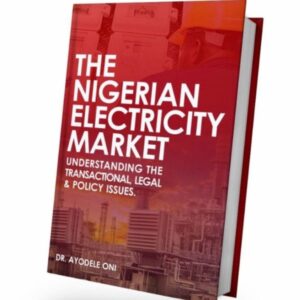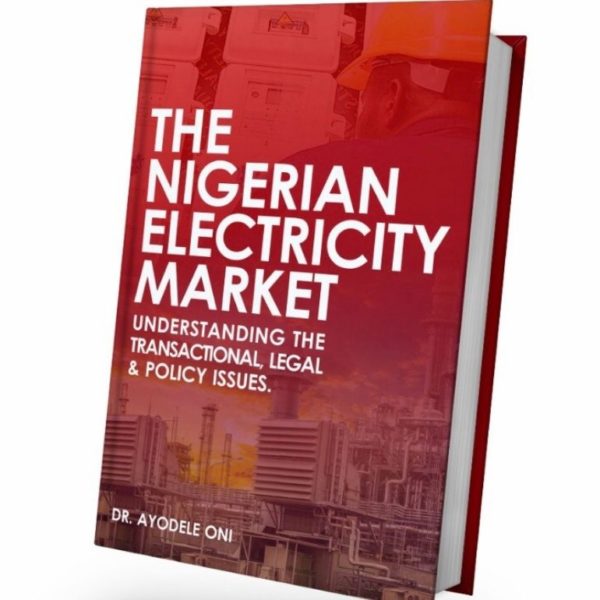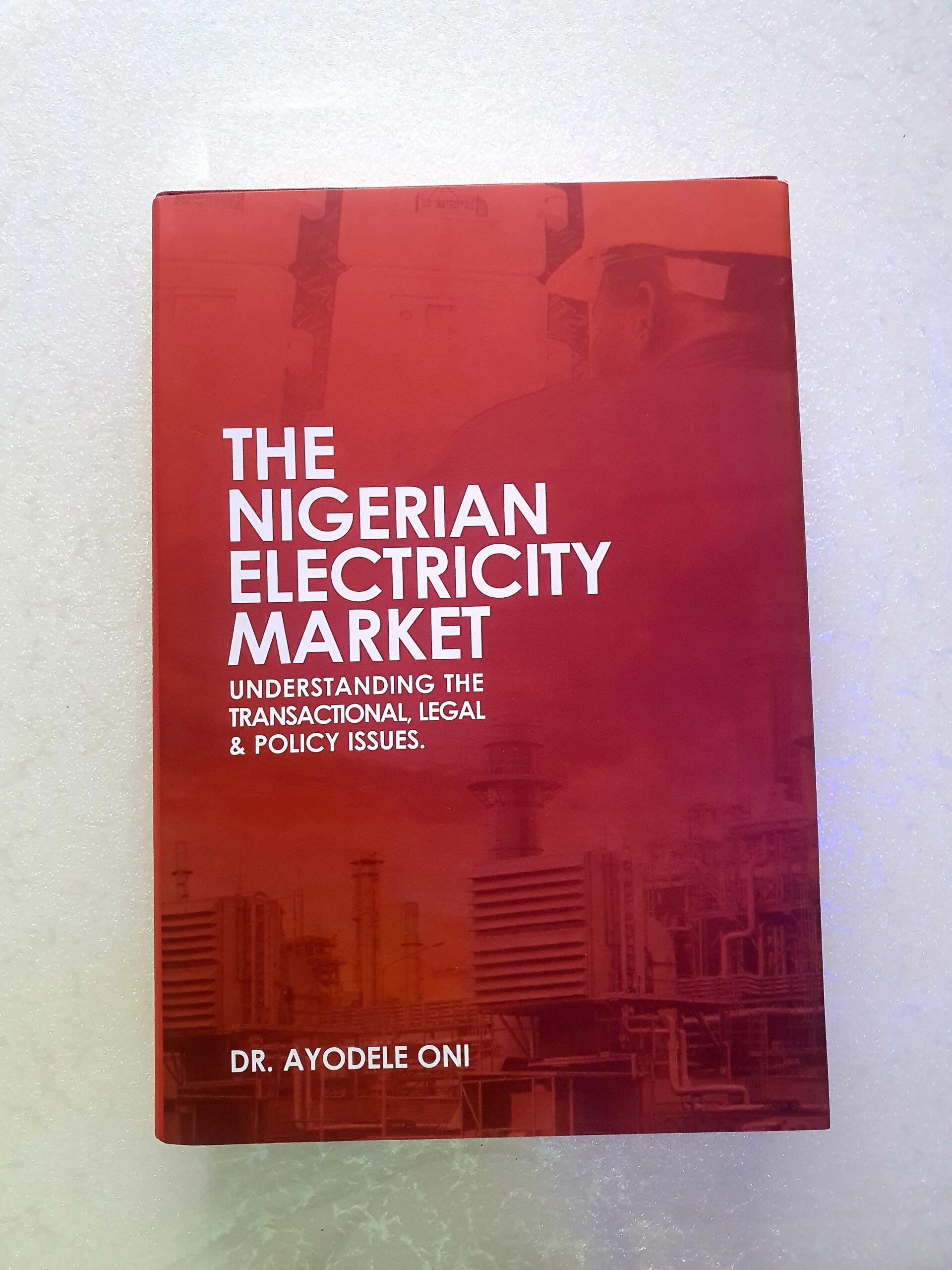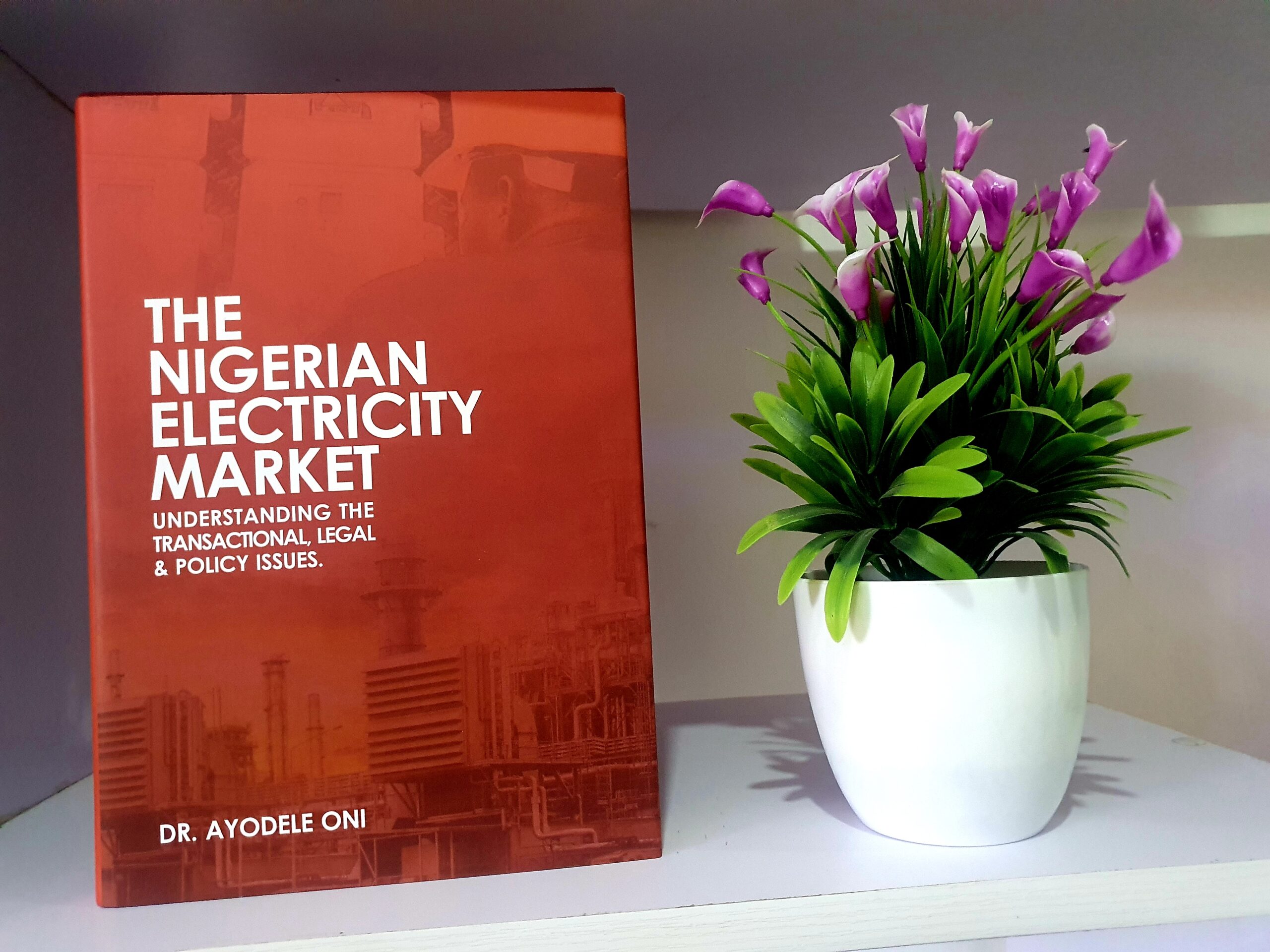Description

The books aims at giving industry participants all the necessary negotiating tools as they engage in the complexities within the power sector in Nigeria. The books discusses licenses, agreements, and regulations that operate within the power industry space. I also covers issues on due diligence exercises, acquisitions how to, transactional and legal issues in acquisitions.
The book details practical insights from my over fifteen (15) years, advising on both big ticket and smaller cap transactions. The book also highlights my experience advising Development Financial Institutions (including the World Bank), other financiers, Regulators, Project Promoters, State Governments and investors. Further, it covers key practical issues on conducting due diligence exercises and writing related reports which, together, form a germane part of any significant acquisition or divestment transaction.
The book also covers transactional and regulatory issues in acquisitions. Further, it reviews financing methods for the power sector and analyzes issues such as sovereign immunity and highlights issues in the Azura independent power project. Additionally, the book reviews issues related to the most recent rules, regulations and policies connected with the electric power sector. Some of these are service reflectivity, remittance obligations, sub-franchising, capped invoicing and billing, new payment methods and the roles played by the Central Bank of Nigeria, to improve liquidity in the sector.
Disputes are a part of any economic activity, especially where same is undergoing reforms. It does, then make sense to plan for and resolve same timeously, fairly and efficiently, as efficient and fair dispute resolution is key to investors and in this regard, the book takes a look at how to plan for and resolve energy sector disputes and thoroughly analyzes Bilateral Investment Treaties and Section 26 of the NIPC Act & 12 of the Constitution. With concerns around municipal dispute resolution mechanisms and insufficient confidence in Nigerian courts, the book reviews international law principles and concepts such as the umbrella clause in dispute management and how to internationalize power sector related contracts/ documentation and transactions. This is especially where it involves international investors.
For the lawyer, negotiator, commercial person or advisor, the book covers several practical and other issues they would find useful in practice, negotiations and transactions. The electric power sector being a regulated one, the book highlights the legal and regulatory regime. There is also, indeed, a chapter that provides insights on negotiating and or reviewing and drafting power sector transactional documents. As mentioned above, the book covers the latest developments in law and policy relating to electricity. Importantly, the book analyzes the use of new technology, especially blockchain, in the electric power sector, especially as regards billing and electricity trading and reviews the retrofitting required in the electricity market arrangement in Nigeria, for blockchain to work. Furthermore, for the discerning business person, the book gives an insight into the business opportunities in the power sector and how to take advantage and or invest by providing an investors’ guide. Finally, the book provides practical insights to policy makers, the regulators, researchers and students, on how to improve the different segments of the electric power sector.






Reviews
There are no reviews yet.